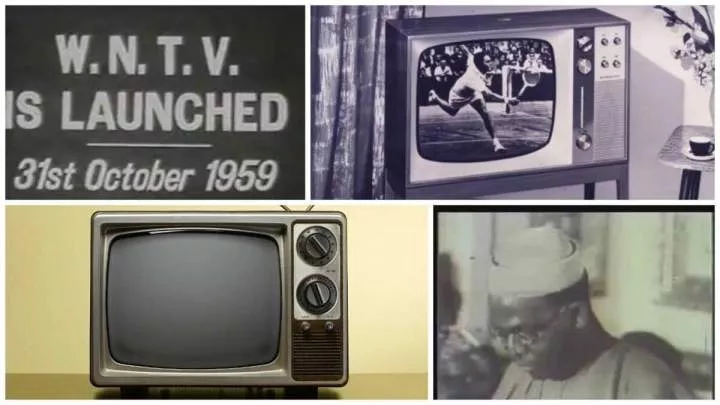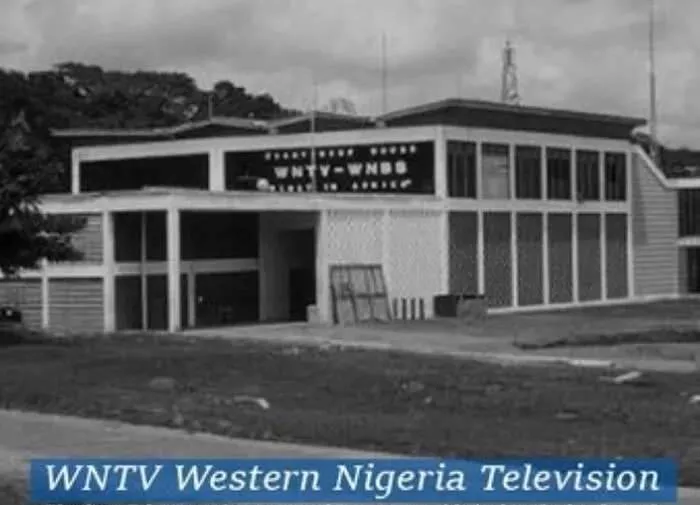
Many people commonly identify the Nigeria Television Authority (NTA) as the first television station in Nigeria due to its widespread popularity, and they're not entirely incorrect. Given that Nigeria gained independence in 1960, it's understandable to associate anything introduced after independence as a pioneering initiative.
However, this article aims to dive into the distinction between the first television station in Nigeria both before and after independence, with deeper insights into the country's media evolution.
Recognizing the pivotal role that news media plays in shaping opinions and disseminating information on topics like government, politics, fashion, religion, and lifestyle, it becomes critical to explore the historical landscape of broadcasting corporations and new media in Nigeria.
First Television Station Pre-independence
Before Nigeria had its television station, the British Broadcasting Corporation (BBC) was present in the late 1950s. In 1959, Chief Obafemi Awolowo took a groundbreaking step by establishing Nigeria's first indigenous TV station in Ibadan-Western Nigerian Television (WNTV), marking one of Africa's earliest television stations.

WNTV held historical significance as the first TV station in Africa, south of the Sahara, and played a crucial role in the mass communication development of Nigeria.
The ability of regions to establish independent TV stations emerged when broadcasting transitioned from the exclusive to the concurrent list. This shift granted regions the autonomy to create broadcasting stations free from government control. Despite conducting a test transmission in 1959, WNTV officially commenced regular broadcasts on October 31, 1959.
Operating in black and white, the station featured a diverse range of programming, including local and foreign content such as news, sports, dramas, documentaries, and musical shows. Reflecting the linguistic diversity of the Western Region of Nigeria, broadcasts were conducted in Yoruba and English.
WNTV played a pivotal role in promoting Nigerian culture and national unity by showcasing and nurturing local talent in drama, music, and various artistic realms. This effort contributed to fostering a shared cultural identity among Nigerians from different ethnicities and regions.
The objectives of WNTV at its inception included educating and entertaining Western Nigeria, promoting cultural heritage and national unity, and supporting economic and social development, thereby creating employment opportunities for the people of Western Nigeria.
First Television Station Post-independence
Following Nigeria's independence on October 1, 1960, Kaduna established its television channel, Radio Kaduna Television (RKTV), in 1962, specifically catering to Northern Nigeria.
Simultaneously, a federal channel, the Nigerian Broadcasting Corporation (NBC), was founded in Lagos in the same year to serve the southwestern part of Nigeria.

In 1972, Benin introduced MidWest TV in Port Harcourt, and by 1974, the Benue-Plateau Television Corporation was established in Jos, marking Nigeria's first colour television station.
During this period of television expansion, the Nigerian government, led by Sir Abubakar Tafawa Balewa, the first Prime Minister of Nigeria, established the Nigerian Television Authority (NTA) in 1977.
This move led to the merger and rebranding of existing broadcast corporations, such as RKTV, NBC, MidWest TV, and Benue-Plateau Television, into NTV, now owned by NTA. NTA stands as the largest television network in Nigeria today.
Initially, NTA operated with a single channel, featuring limited programming that spanned a few hours daily, including news, sports, and educational programs. In its early stages, NTA predominantly produced in-house content, but as the network expanded, it began acquiring programs from other countries.
Historically holding a monopoly over television in Nigeria, NTA controlled 101 stations in state capitals and towns. However, in 1990, this monopoly was broken, leading to a significant increase in the number of functional broadcast stations.
Presently, Nigeria boasts more than 740 operational broadcast stations.

















Comments